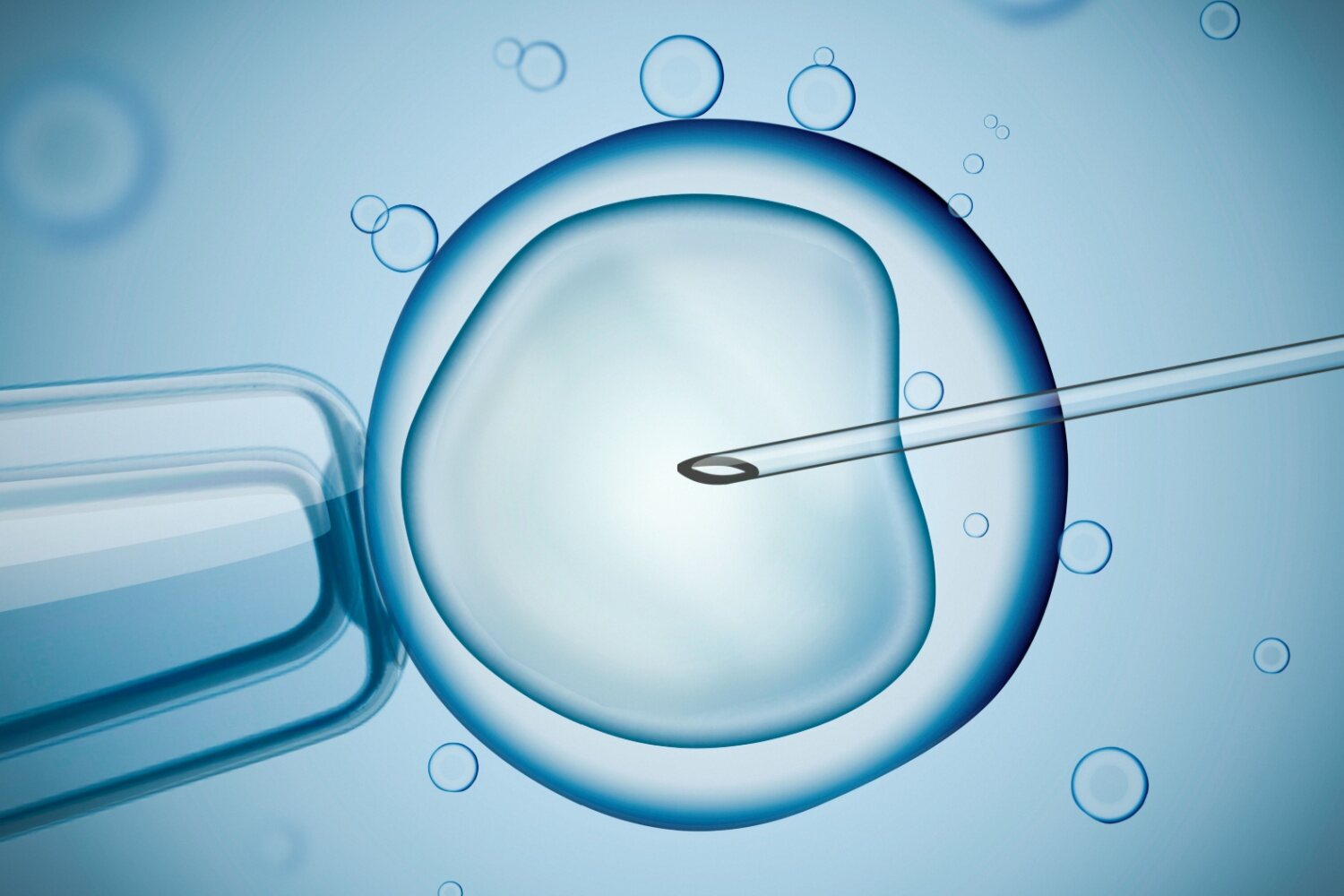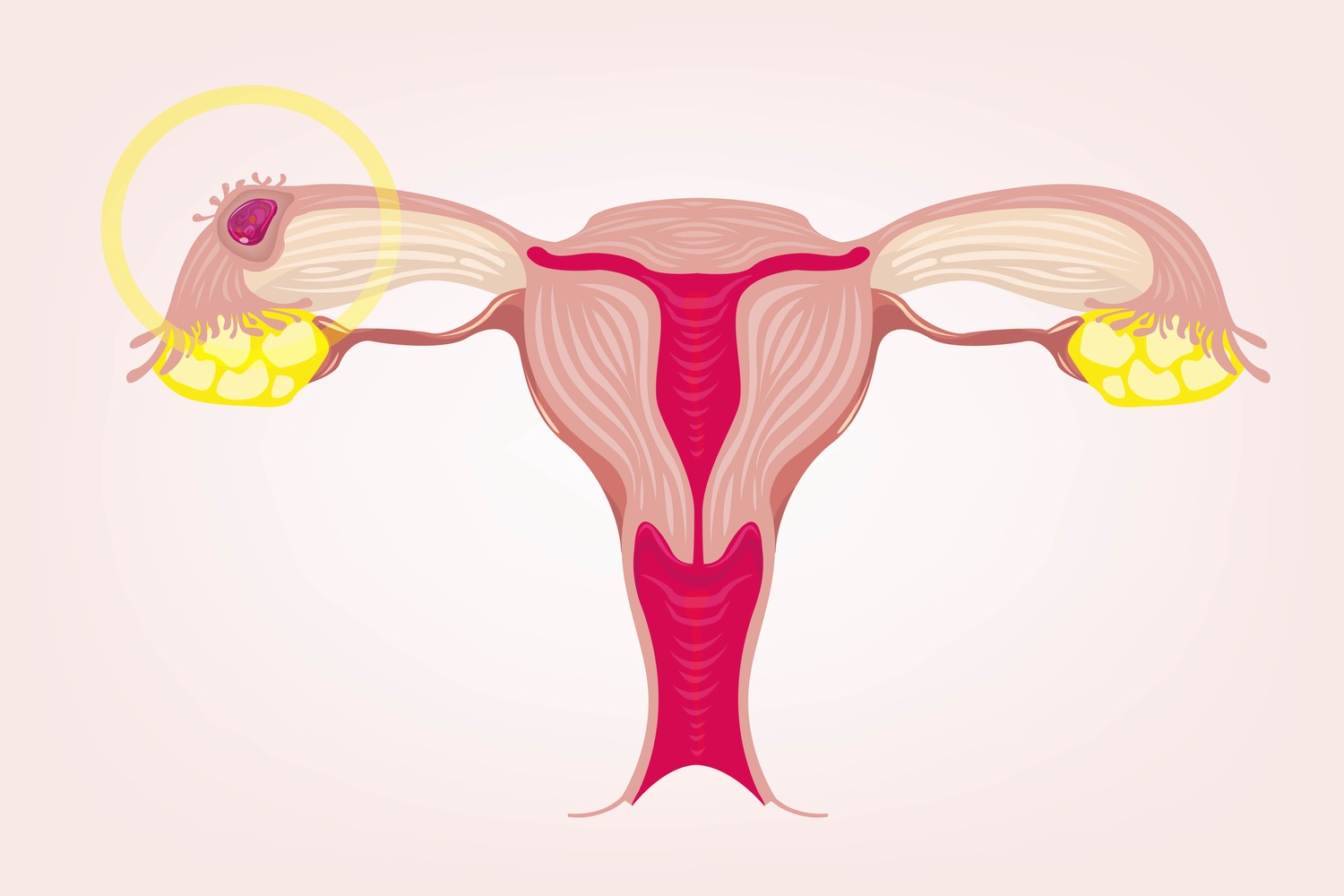
The pregnancy phase is, no doubt, a turning phase in a woman’s life. Yet there happens a time when the couples decide not to have further babies and they need to prevent pregnancy or a situation where one needs to adopt some sort of birth control measure. Tubal ligation is one such method to prevent pregnancy. If you are planning to get tubal ligation done, you may also wonder about the chances of pregnancy after tubal ligation.
Tubal ligation process is an ideal way for the prevention of pregnancy and is also often considered the permanent method of birth control. It is also known as “tying the tubes”, in which the fallopian tubes are cut and tied to prevent the eggs from entering the uterus.Let us try to understand this procedure, how it works, under what circumstances it fails, the probability of pregnancy after tubal ligation, and the tubal ligation reversal methods to be able to plan in future if required.
In This Article
- What is Tubal Ligation
- Can Tubal Ligation Fail?
- Chances of Getting Pregnant After Tubal Ligation
- How to Get Pregnant After Tubal Ligation?
- Symptoms of Pregnancy After Tubal Ligation
- Risks Associated With Getting Pregnant After Tubal Ligation
- When to Consult a Doctor?
- FAQ’s
What is Tubal Ligation?
Tubal ligation is a birth control process chosen by one in six married couples. Tubal ligation involves tying the fallopian tubes together. This is an option for women who do not want to have children anymore.
The process involves cutting and tying or blocking the fallopian tubes, known as “getting your tubes tied,”. With this process, the egg that gets released from the ovary does not find a way to move to the uterus since the fallopian tubes are blocked. Tubal ligation carries the threat of ectopic pregnancy when a fertilized egg implants in the fallopian tubes in place of the uterus (1).
Can Tubal Ligation Fail?

Tubal ligation is an effective form of preventing pregnancy but not an absolute one. The probability of getting pregnant after tubal ligation is low but possible (2). There are certain conditions in which this procedure can fail, such as
- Inadequate fastening of fallopian tubes during the process.
- Procedural glitches during the surgery.
- Improper identification of fallopian tubes and tying another body part instead.
- Restoration of fallopian tubes when they are unsuitably closed.
- Pregnancy remains unnoticed before the process.
- Application of the wrong device for the blocking process.
Chances of Getting Pregnant After Tubal Ligation
Tubal ligation is one of the ideal ways of preventing pregnancy. The pregnancy rate is 1 in 1000 after the first- year ends, and about 2-10 in 1000 after the end of about five years.
The chances of pregnancy after the tubal ligation process are not too high, yet a slight chance is still there. But chances of ectopic pregnancy are much higher in case one gets pregnant.
If you have had tubal ligation surgery in the past and are experiencing pregnancy symptoms, you may need to consult a medical practitioner.
Tubal ligation is safe but even has some risks attached to it just like all surgeries, the surgeon will provide a consent form clarifying all the threats that are related to tubal ligation.
The risks of tubal ligation include
- High chances of ectopic pregnancy
- Bleeding that could be due to a wound inside the abdominal area
- Chances of infection
- Inadequate sealing of the fallopian tubes resulting in pregnancy
- Obesity
- Diabetes symptoms
- Inflammatory diseases in the pelvic region.
[Read : Ectopic Pregnancy – A Comprehensive View]
How to Get Pregnant After Tubal Ligation?

Getting pregnant after tubal ligation can be challenging, but not impossible. Here are some ways in which you can attempt to get pregnant after a tubal ligation procedure.
1. Tubal Ligation Reversal (Tubal Reanastomosis)
This surgical procedure involves reconnecting the fallopian tubes that were previously cut, tied, clipped, or sealed during tubal ligation. Success rates vary depending on factors such as the method of original ligation, the length of remaining healthy fallopian tubes, and the woman’s age and fertility status.
2. In-Vitro Fertilization (IVF)
IVF is a highly effective method for achieving pregnancy after tubal ligation (3). It involves retrieving eggs from the ovaries, fertilizing them with sperm in a laboratory dish, and then transferring the resulting embryos into the uterus. IVF bypasses the fallopian tubes entirely, making it suitable for women with damaged or blocked tubes
3. Gamete Intrafallopian Transfer (GIFT)
GIFT involves transferring eggs and sperm into the fallopian tube, where fertilization occurs naturally. This procedure requires healthy fallopian tubes and is less commonly performed compared to IVF.
4. Surrogacy
If a woman is unable to carry a pregnancy due to tubal ligation or other reasons, surrogacy may be an option. In surrogacy, another woman (the surrogate) carries the pregnancy on behalf of the intended parents. The intended mother’s eggs or donor eggs are fertilized with the intended father’s sperm.
Individuals or couples considering pregnancy after tubal ligation must consult with a fertility specialist or reproductive endocrinologist. These specialists can evaluate individual circumstances, discuss available options, and recommend the most appropriate course of action based on factors such as age, overall health, fertility status, and personal preferences.
[Read: Your Comprehensive Guide to an IVF Treatment]
Symptoms of Pregnancy After Tubal Ligation
Full-term pregnancy is possible in case the fallopian tubes regenerate together once the process is done. Here are some pregnancy symptoms after tubal ligation.
- Increased frequency of urination
- Breast tenderness
- Undefined fatigue
- Longings for specific foods
- Nausea in the early mornings
- Absence of menstrual cycles
- Nausea feeling after looking at or thinking about certain foods
Risks Associated With Getting Pregnant After Tubal Ligation

Getting pregnant after tubal ligation, while possible, carries certain risks and considerations. Here are some of the risks of getting pregnant after tubal ligation
1. Ectopic Pregnancy
An ectopic pregnancy occurs when a fertilized egg implants and grows outside the uterus, typically in one of the fallopian tubes. Tubal ligation increases the risk of ectopic pregnancy because the procedure alters the anatomy of the fallopian tubes, making it more likely for a fertilized egg to become trapped and implant outside the uterus. While tubal ligation is highly effective in preventing pregnancy, it is not a guarantee, and pregnancies that do occur after the procedure are more likely to be ectopic (4).
2. Miscarriage
There is a slightly higher risk of miscarriage in pregnancies following tubal ligation, although the exact reason for this increased risk is not fully understood. Miscarriage is the spontaneous loss of a pregnancy before the 20th week of gestation and can occur for various reasons, including chromosomal abnormalities, uterine abnormalities, or hormonal imbalances.
3. Psychological Impact
The emotional and psychological impact of an unexpected pregnancy after tubal ligation should also be considered. For some individuals or couples, the news of an unplanned pregnancy may cause stress, anxiety, or uncertainty about the future, which can affect mental well-being.
It’s essential for individuals or couples considering pregnancy after tubal ligation to discuss the potential risks and complications with their healthcare provider. Regular prenatal care and monitoring throughout the pregnancy are crucial to ensure the health and well-being of both the mother and the developing fetus.
When to Consult a Doctor?

It iks essential to consult a doctor after tubal ligation in several situations:
a. Unusual Symptoms
If you experience any unusual symptoms or complications after tubal ligation, such as severe abdominal pain, fever, heavy bleeding, or signs of infection at the incision site, you should seek medical attention promptly.
b. Changes in Menstrual Cycle
If you notice significant changes in your menstrual cycle, such as irregular periods, unusually heavy bleeding, or persistent pelvic pain, it’s advisable to consult your healthcare provider to rule out any underlying issues.
c. Desire for Pregnancy
If you decide to pursue pregnancy after tubal ligation, it’s essential to discuss your options with a fertility specialist or reproductive endocrinologist. They can evaluate your individual circumstances, discuss available options for achieving pregnancy (such as tubal ligation reversal or in-vitro fertilization), and provide guidance and support throughout the process.
d. Contraceptive Counseling
If you no longer wish to become pregnant after tubal ligation but are considering alternative contraceptive methods, your healthcare provider can offer guidance on suitable options based on your medical history, lifestyle, and preferences.
It is important to maintain open communication with your healthcare provider after tubal ligation and to seek medical attention if you experience any concerning symptoms or have questions about future fertility plans. Your doctor can provide personalized guidance and support to ensure your health and well-being.
It is important to recognize that tubal ligation is indeed a highly effective method of contraception for many individuals. However, for those considering pregnancy after undergoing this procedure, it’s reassuring to know that while the chances are low, they still exist. With advancements in reproductive medicine and vigilant prenatal care, the journey towards conception after tubal ligation can be navigated successfully. By staying informed, seeking guidance from healthcare professionals, and exploring available options, individuals can approach the possibility of pregnancy after tubal ligation with optimism and confidence in their ability to achieve their family planning goals.
FAQ’s
1. What Are The Chances of Pregnancy After Tubal Ligation?
The chances of pregnancy after tubal ligation are generally low, with reported failure rates ranging from 1 out of 200 women [8]. Factors influencing the likelihood include the method used, the surgeon’s skill, age, type of sterilization, and the time elapsed since the procedure.
2. How Long After Tubal Ligation Reversal is Pregnancy Possible?
After tubal ligation reversal, the time it takes to achieve pregnancy varies from person to person. Some may conceive within a few months, while for others, it could take a year or more. Success depends on factors such as the effectiveness of the reversal procedure and individual fertility health. It’s advisable to consult with a healthcare provider for personalized guidance.
3. What Are The Signs of Pregnancy if Your Tubes Are Tied?
If your tubes are tied, signs of pregnancy can include a missed period, changes in menstrual symptoms, breast tenderness, nausea, fatigue, increased urination, and a positive pregnancy test. If you suspect pregnancy, consult a healthcare professional for confirmation and guidance.
4. What to do if You Get a Positive Pregnancy Test After Tubal Ligation?
It’s crucial to act promptly and communicate openly with your healthcare provider to make informed decisions based on your individual circumstances. In some cases, surgical intervention may be necessary, especially if the pregnancy is ectopic or poses health risks.
References
- A systematic review and meta-analysis on tubal ligation and breast cancer risk | Systematic Reviews | Full Text – [https://systematicreviewsjournal.biomedcentral.com/articles/10.1186/s13643-022-02000-8]
- Tubal Sterilization – PubMed – [https://pubmed.ncbi.nlm.nih.gov/29262077/]
- Effectiveness of in vitro fertilization in women with previous tubal sterilization – PubMed – [https://pubmed.ncbi.nlm.nih.gov/25499586/]
- The Risk of Ectopic Pregnancy after Tubal Sterilization | NEJM – [https://www.nejm.org/doi/full/10.1056/nejm199703133361104]
